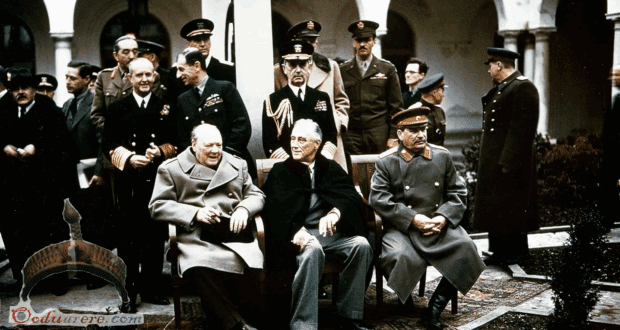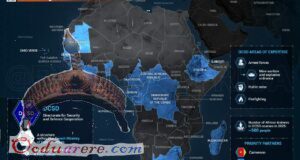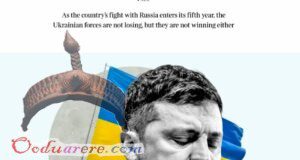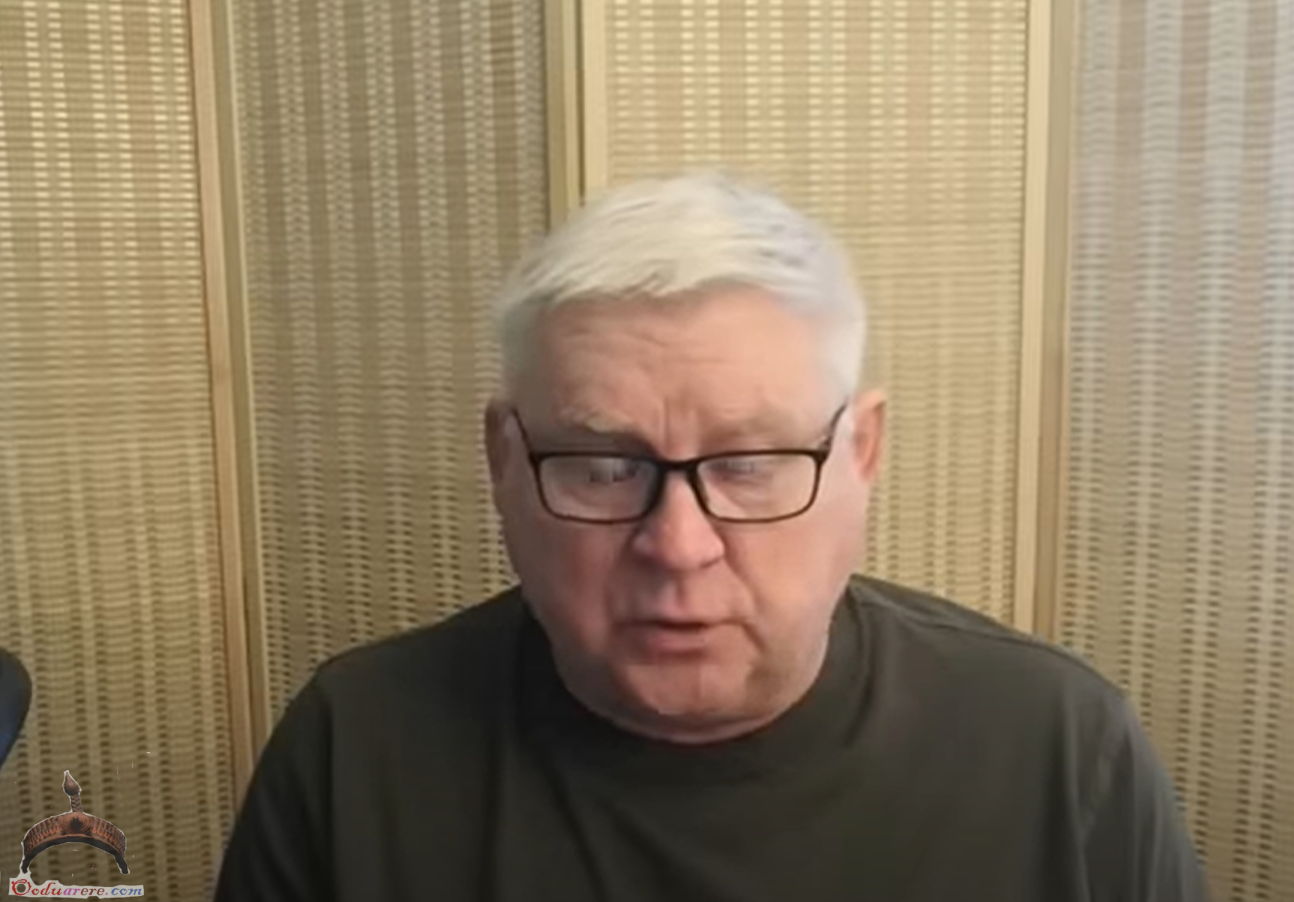A Legacy Shaped by War and Reinvention
Europe today stands like an aging performer on a global stage it once commanded. Its architecture still stirs awe, its philosophy continues to shape international law, and its revolutions echo through the foundations of modern governance. Yet beneath the surface lies a continent in quiet decline. From the trenches of the Thirty Years’ War to the red carpets of the Congress of Vienna, from the carnage of Verdun to the cold arithmetic of Yalta, Europe has oscillated between collapse and reinvention. Now, it finds itself not at the dawn of a new chapter, but drifting toward geopolitical irrelevance.
The postwar peace that followed 1945 was not of Europe’s own making. At Yalta, global lines were redrawn, but Europe’s agency was curtailed. Germany was divided. Eastern Europe was absorbed into Soviet influence. The Western half was folded into American protection. The so-called Pax Americana was enforced not by European consensus, but by U.S. dominance.
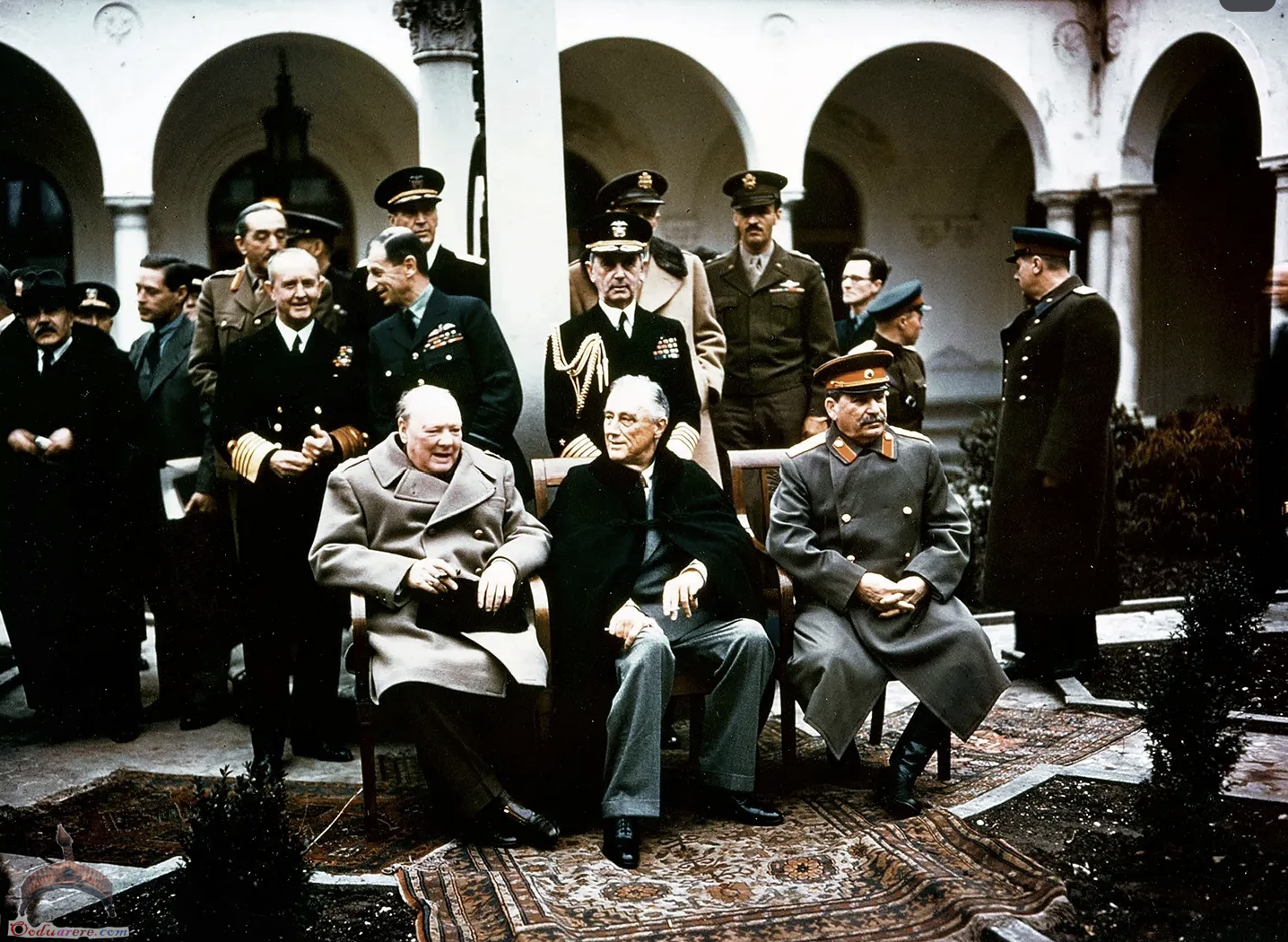
The European Union emerged not from utopian vision, but from desperation. Its architects Schuman, Adenauer, De Gasperi were not idealists. They were men scarred by war, seeking a new system to prevent Europe from turning on itself again. The solution was pragmatic: shared markets, open borders, and democratic governance. It was not a grand dream. It was a fragile truce.
The Fragile Union Beneath the Surface
Europe’s peace was built not on force but interdependence. Yet it remains what historian Abdallah Laroui once described as “a puzzle of delicate pieces” cohesive only under calm, vulnerable under pressure. A single storm can crack its unity. And when Europe stumbles, the shockwaves are felt far beyond its shores.
Despite its intellectual weight, Europe has become more museum than machine. It still speaks the language of power, but no longer commands it. Its response to the war in Ukraine reflects this confusion. Is it liberating a nation? Or escalating a proxy war? Does it seek peace or merely posture?
Nuclear weapons do not create peace. Diplomacy does. No one demands Ukraine surrender its sovereignty. But why not reimagine Ukraine not as a line of confrontation, but as a bridge between two civilizations? That too is a form of resistance resistance to war, to division, to history repeating itself.
Bridges, Not Borders
History honors civilizations that built bridges. Spain, under Arab influence, transmitted knowledge between worlds. Turkey served for centuries as a hinge between East and West. Egypt, during the Mamluk era, stood as a hub of global trade before the Suez Canal. Everything from India to Venice passed through Cairo. It was rich, strategic, and admired.
But that power faded not by invasion, but by geopolitical irrelevance. Europe risks a similar fate: remembered for its beauty, forgotten for its influence.
A Matter of Scale and Reality
In a multipolar world, scale matters. Europe’s landmass including Russia’s European section spans about 10 million square kilometers. The European Union itself occupies roughly 4.2 million. Algeria alone covers more than 2.3 million square kilometers larger than France, Germany, Spain, and Italy combined. Europe’s total population, at around 450 million, is shrinking, aging, and unevenly distributed.
This is not just about geography. It is about proportion, influence, and future relevance. Europe has no strategic depth, no vast resource base, and increasingly little control over global supply chains. Technologically, it lags behind the U.S. and China. Militarily, it remains dependent on NATO and thus, on Washington.
Yet in Ukraine, Europe edges toward nuclear confrontation with Russia. What is the strategy? To provoke a crisis that justifies American reinvestment? To gain relevance through risk? Even if that were true, the beneficiaries would not be European. They would be Chinese. Perhaps Indian. But not European.
A Gamble with American Lives
Under Donald Trump, the U.S. recalibrated its role in NATO signaling that Europe must begin to stand on its own. It was a wake-up call. The transatlantic bond, built on ancestral ties and shared history, is no longer guaranteed.
The United States was built by Europeans but it no longer revolves around Europe. Sentiment is not a substitute for strategy.
Eastern Europe: Pawn or Partner?
Europe has never fully embraced its eastern frontier. For centuries, the region has been a contested ground fought over, divided, used. Ukraine, in particular, was treated as a buffer rather than a partner. Its Cyrillic script, Orthodox faith, and cultural ties root it closer to Moscow than Brussels.
In the 1990s, Ukraine became a geopolitical prize. The West courted it not for integration, but for leverage. Every shift in leadership became a strategic chess move. And every provocation deepened the fault line.
To understand this war is to understand Russia not as an enemy, but as a civilizational force.
Russia: Geography as Power
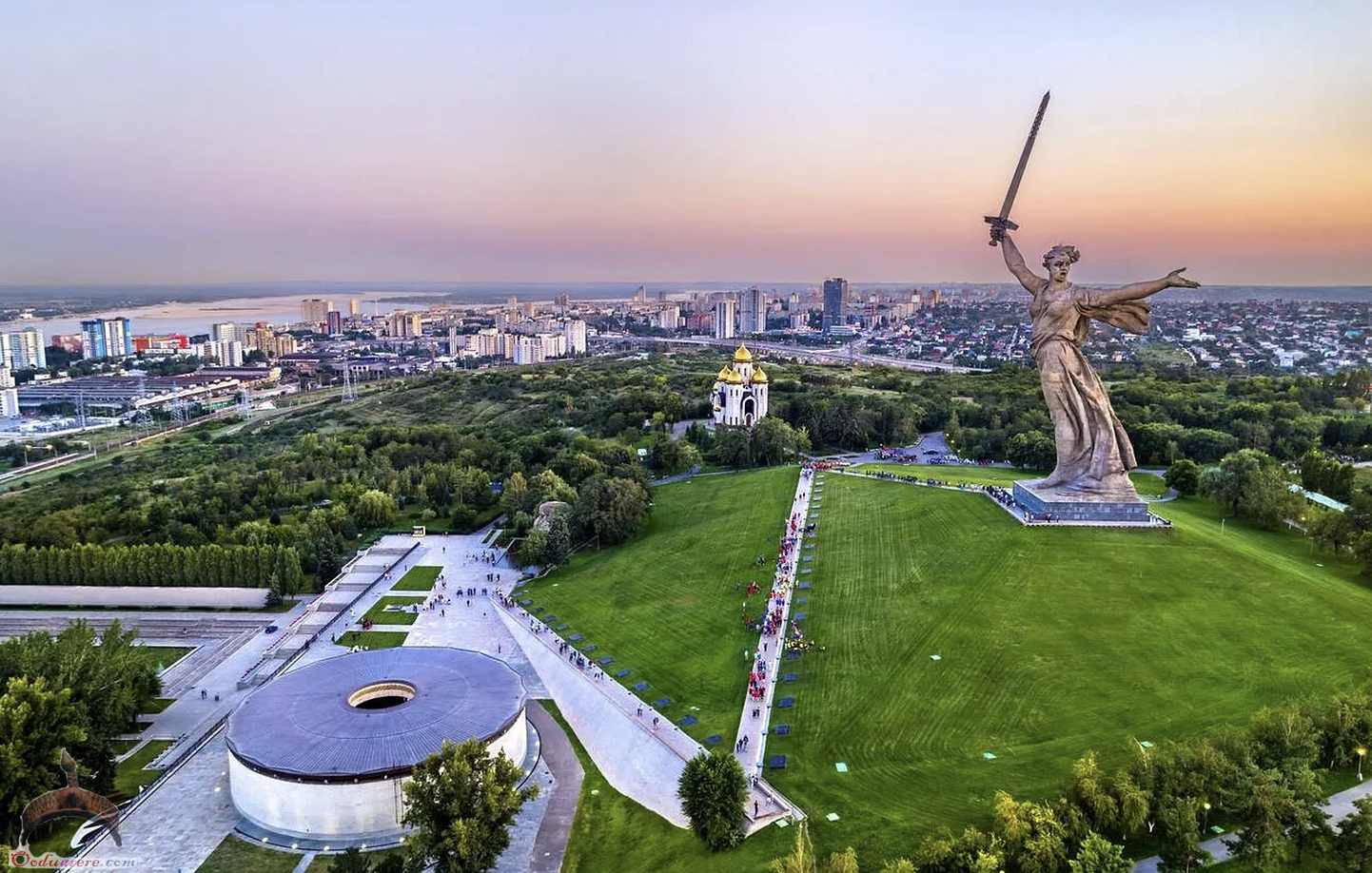
Russia is not just a country. It is a geography, a worldview, a system unto itself. At 17 million square kilometers, it spans two continents and eleven time zones. Its reach stretches from the borders of Norway to North Korea, from the Caucasus to the Pacific. It borders more than a dozen nations and commands Arctic, Asian, and European space simultaneously.
Russia cannot be sanctioned into submission, nor defeated by arms. Napoleon tried. Hitler tried. Both were defeated not just by armies, but by space and winter. Russian strength lies not only in its military, but in its capacity to absorb, outlast, and return stronger.
It also plays the role of protector of Orthodox Christianity, of Eurasian identity, of Slavic continuity. As the spiritual center of Orthodoxy shifts from Constantinople to Moscow, the Russian Patriarch’s authority grows. In places like Serbia, Greece, and the Balkans, Moscow holds symbolic gravity Europe often overlooks.
The Subtle Ascent of Saudi Arabia
While Europe hesitates and Russia digs in, another player rises—quietly, steadily: Saudi Arabia.
Its role in OPEC Plus ties it to Moscow. Its relationship with Washington remains intact. Its influence in Paris and London is deepening, fueled by arms contracts, energy leverage, and strategic capital.
Unlike Europe, Saudi Arabia is not relying on memory. It is building capacity. It is no longer just purchasing weapons it is purchasing time, alliances, and options. Its economy is diversifying. Its diplomacy is maturing. And in an era of global fragmentation, this measured pragmatism may prove more enduring than military posturing.
And as the post-Yalta world decays, perhaps it is time for a new Yalta. A new conference not drawn by victors with rulers, but by realists with vision. The world does not belong to Europe alone. The balance of tomorrow must include the voices of the silent and the ignored.
In the end, power is not just about force. It is about positioning. And Europe, once the heart of the world, now finds itself adrift clinging to a past that no longer guarantees its future.
 Ọmọ Oòduà Naija Gist | News From Nigeria | Entertainment gist Nigeria|Networking|News.. Visit for Nigeria breaking news , Nigerian Movies , Naija music , Jobs In Nigeria , Naija News , Nollywood, Gist and more
Ọmọ Oòduà Naija Gist | News From Nigeria | Entertainment gist Nigeria|Networking|News.. Visit for Nigeria breaking news , Nigerian Movies , Naija music , Jobs In Nigeria , Naija News , Nollywood, Gist and more

